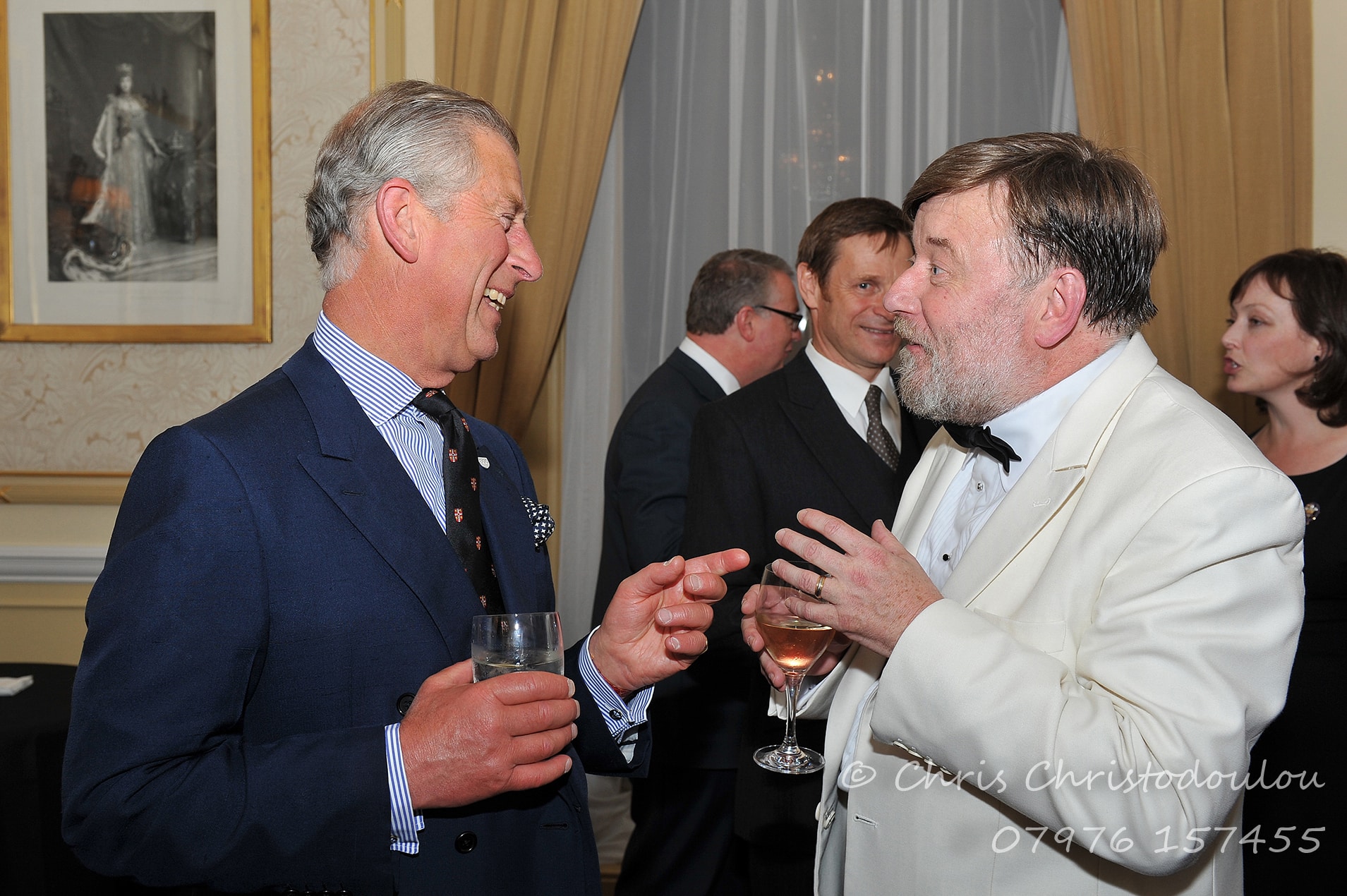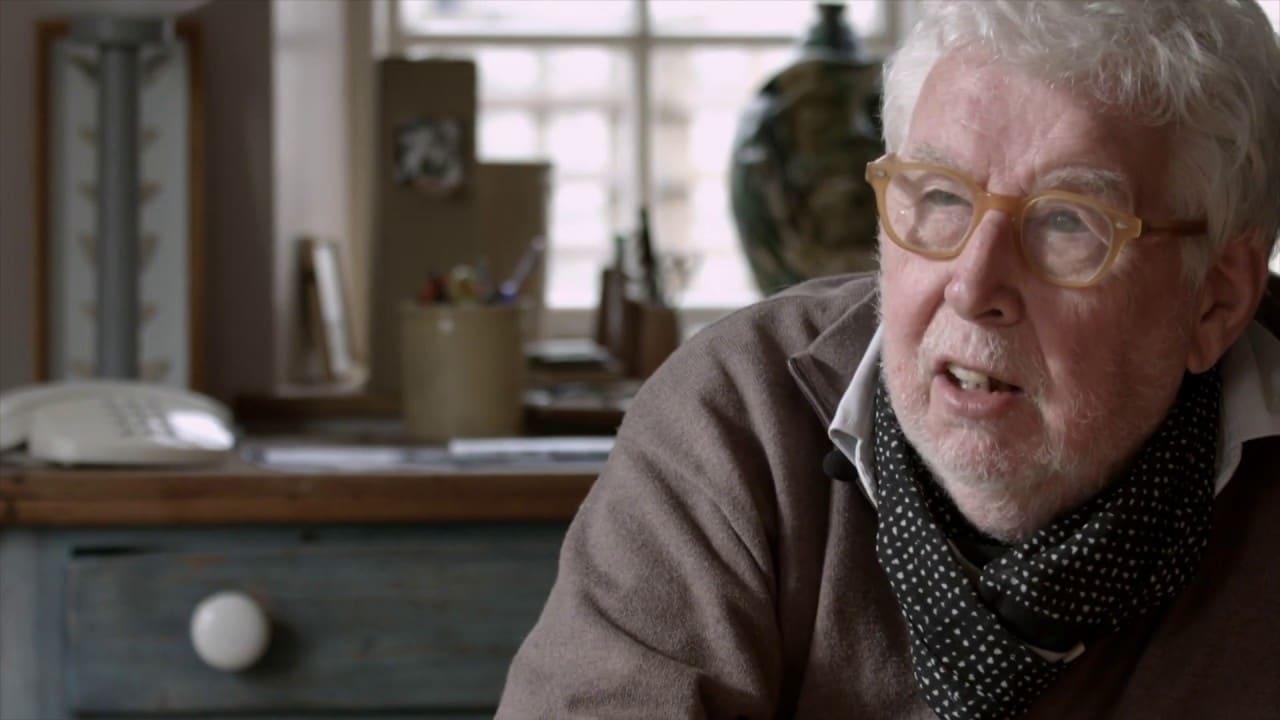Next BBC plan: Merge two orchestras
NewsThere was more going on underneath the radar of yesterday’s heavily-spun decision to abolish the BBC Singers and cut one-fifth of the positions in the BBC’s three orchestras in England – the BBC Symphony, Philharmonic and Concert orchestras. They are seeking 46 voluntary redundancies, 22 percent of the total playing staff.
The vacancies in the ranks will be occupied by freelance musicians, said Simon Webb, the BBC’s head of orchestras and choirs.
One management post has also been scrapped. This means that the BBC Symphony and Concert orchestras, both London based, will be run by the same person, although efforts will be made (it is said) to preserve their separate identities.
Not very energetic efforts, we hear. Word in the wee-rooms is that the BBC will gradually recast the two orchestras as a pool of musicians, leading to a quiet merger and the disappearance of the BBC Concert Orchestra.
This plan is officially denied by senior BBC suits. Read that as you wish.






We need Peter Maxwell Davies (whoever – if anyone – that is nowadays)
If you mean as in the role of Master of the King’s Music, it’s currently Judith Weir
No. In the 1990s he was instrumental in getting the current office rats to abandon their genius idea of axing one of the London orchestras (forget which one) and merging two of them. I remember reading a very strong article by Max on the paper at the time. I apologize for my patchy memory of the details, but I was impressed by PMD’s courage.
It seems like the whole orchestral landscape of London will soon dissolve into a loose network of self-employed pick-up ensembles doing film and gaming music live-to-screen or making poorly prepared and oversteered re-recordings of the standard classical repertoire.
You can always be relied upon to provide some sneering commentary.
” vacancies in the ranks occupied by freelance musicians ”
This is just the BBC yet again trying to avoid paying employer National Insurance Contributions. HMRC are onto them and they are regularly falling foul of ” IR 35″ legislation known as disguised employment…. watch this space…..
Doubt it. This was largely set aside by HMRC c.2012 thanks to the ABO’s lobbying.
Any application of the rules as they stand (not just IR35, but the basics of what is even considered self-employed) would lead to a complete change in the way LSO, LPO, Philharmonia, RPO all work. For the benefit of non-UK readers, these four orchestras notionally have full-time “Members”, but all are viewed as freelance contraactors and paid accordingly, with no Employer or Employee NICs, pension contributions, entitlement to holiday or sick pay, no mat/paternity leave. It is though clear in basic HMRC rules that if an individual works more than 50% of their time for one employer they are no longer regarded as freelance for tax purposes: these four orchestras and their players are in flagrant breach, without even considering the complexities of IR35.
Should this be re-opened, costs for these orchestras would increase considerably, and it is likley that more than one would fold. Unless HMRC just send more funds to ACE to send back round the loop. This was the crux of the ABO’s argument a decade ago – if you tax us more we’l need more subsidy, so why bother? At the time, the relevant team at HRMC bought the arguement and all went quiet. It surprises me every year that this enourmous risk isn’t flagged up by each groups auditors in their annual accounts.
These four orchestras were granted a ” self- governing ” status by HMRC though. The BBC does not have this.
The BBC is regularly investigated by HMRC for employing “the talent” on a freelance basis when in fact their work constitutes employment.IR 35. They cannot make people redundant and them bring them back to do the same job on a freelance basis.
Regarding a possible merger of the two London-based BBC orchestras (Concert and Symphony), readers may remember when some years ago the Netherlands Chamber Orchestra [NKO] was administratively (and partly musically) subsumed into the Netherlands Philharmonic [NPO]. Whilst the NKO’s string players eventually remained largely as an independent unit (they had to fight vigorously to prevent themselves being wholly pooled into the NPO), its other instruments thereafter had to come out of the NPO’s player pool. Trying to do similarly for the BBC Concert Orchestra, initially reducing its size and filching players from the BBCSO, which might be a plan of the “suits”, would be a much harder match as the repertoire and styles of the two orchestras are very different. But maybe not to a beancounter.
Yep – the fact they’ve never gotten around to trying to replace Paul Hughes’ vacancy as GM for BBCSO (and Singers) pretty much makes this plan clear.
Yeay … more freelancing and, therefore, lack of any job security whatsoever, sick pay, paid leave, employer NICs, management support, etc. Just what any musician (and, indeed, any worker) needs right now. Well done BBC!!
“three orchestras in England – the BBC Symphony, Philharmonic and Concerto orchestras”
I think that should be ‘Concert” orchestras.
The minute the hapless auntie shamefully axed the much missed BBC CO weekly live ‘Friday Night is Music Night’ – the longest live music radio performance led by the wonderfully versatile and brilliant BBC CO during covid, the writing was on the wall as to the fate of this superb orchestra.
Now begs the question, what can we do with them and the Symphony Orchestra – both having musicians of the highest quality within both ranks.
Since the axing of FNIMN (an iconic loss to the nation and those involved in the production and performance of the weekly gem, hugely popular with listeners in their millions) despite their best managerial efforts, there isn’t much for the Concert Orchestra in their diaries.
However, this highly respected band is famed for it’s sightreading ability and uniqueness in being able to switch from classical to pop, rock, jazz, show, an other genre with ease.
One can only wonder if the Symphony Orchestra will also have such unique ability, or is it all part of the master plan of ‘suits’ to avoid playing the lighter repertoire altogether?
I can see this happening, but how boring and predictable.
The CO should move. Here’s an idea.
Base it in Nottingham but serving the all East Midlands and East Anglia (population 5 million+). Dedicate itself to firmly rooting itself in the community and creating a local audience. ‘Orchestra of the future’ etc…(the BBC press release writers would love it). From multicultural Leicester, traditional market towns to the seaside, the potential is huge. The orchestra can create it’s own identity, not just the last to be mentioned in any article about BBC orchestras as is usual.
Good lateral thinking.
Back to Neandertal…